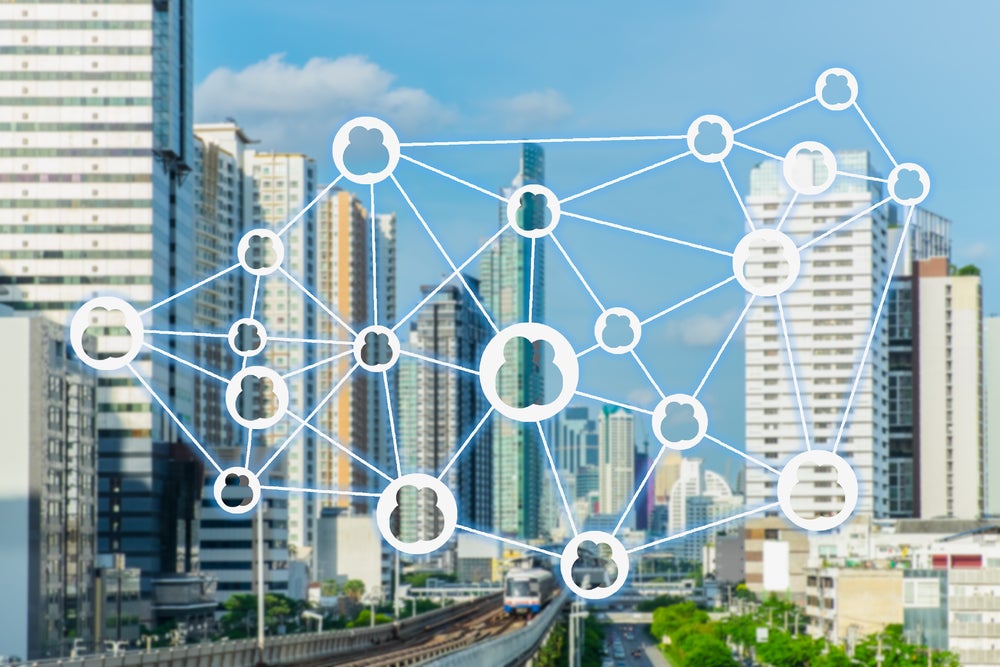The Covid-19 pandemic brought key Internet of Things (IoT) use cases to the attention of the travel and tourism industry.
Airports, for example, used connected thermal cameras to detect potential Covid-19 infections. However, since then, the benefits of IoT have been even more fully realised, and use cases beyond those catalysed by the pandemic have come into play.
The digitalisation enabled by IoT solutions provides travel and tourism companies with four key benefits: enhanced operational efficiency, reduced costs, improved decision-making, and better customer experiences. This is especially the case when IoT is combined with other emerging technologies, such as AI, 5G, and cloud computing.
IoT and enhanced operational efficiency
IoT technology makes use of connected devices that track, monitor, control, and manage various operations across a business. This allows many manual processes to be automated and maintenance needs to be predicted in advance, raising productivity and lowering costs. For example, the majority of aircraft are now filled with sensors, monitoring everything from engine performance to how often reading lights are activated.
There are also specific IoT-enabled platforms, like Airbus’ Skywise, that can monitor aircraft health with advanced predictive analytics capabilities. This means that any faults or potential issues with aircraft systems and engines can be spotted and repaired even before they occur.
Reduced costs
Greater automation in the travel and tourism industry via IoT also reduces the need for workers, or simply makes the workforce more efficient, resulting in cost savings. For example, IoT in the sector can create personalised experiences for customers, such as within hotel rooms, without the assistance of staff members. Travellers can control appliances or services, such as heating, through a centralised device, such as a tablet or mobile application; or companies can use IoT sensors to store customer preferences and automatically apply them when they return.

US Tariffs are shifting - will you react or anticipate?
Don’t let policy changes catch you off guard. Stay proactive with real-time data and expert analysis.
By GlobalDataThus, with the help of IoT, this personalisation can occur without the need for extra staff, reducing overall costs for companies.
IoT and improved decision-making
Sensors within IoT devices generate lots of data. Analysis of this data can lead to the development of optimised business strategies and improved business processes—and can provide managers with the analysis they need to make better informed operational decisions. For example, train operators can use IoT to control trains more efficiently by tracking them across networks and processing any data that is being collected via sensors. In fact, some companies already use IoT sensors to check the flow of passengers.
By understanding how many people are waiting at stations on a particular route and how many people have managed to make it into a carriage, train operators can avoid overcrowding and congestion and optimise travel schedules in line with demand.
Better customer experience
User-specific data generated through smart devices can help businesses understand customers’ expectations and behaviour better. Analysis of this data can enable sales and marketing teams to launch targeted advertising, fine-tune their pricing policy, and improve customer services.
For example, attraction or cruise operators can use IoT systems to track the location of visitors with sensors, smartphone capabilities, and beacon technology to send location-specific and personalised information.
Tourists can thus receive messages that are relevant to them. For example, during a walking tour of a city, they could be notified of any interesting historical facts or cultural experiences to engage with.
Overall, IoT has many transformative use cases across all subsectors of the travel and tourism industry and, according to GlobalData forecasts, enterprise spending on IoT across the sector is set to experience steady growth over the next few years. The total is set to reach $28bn by 2027, up from $10bn in 2019.









